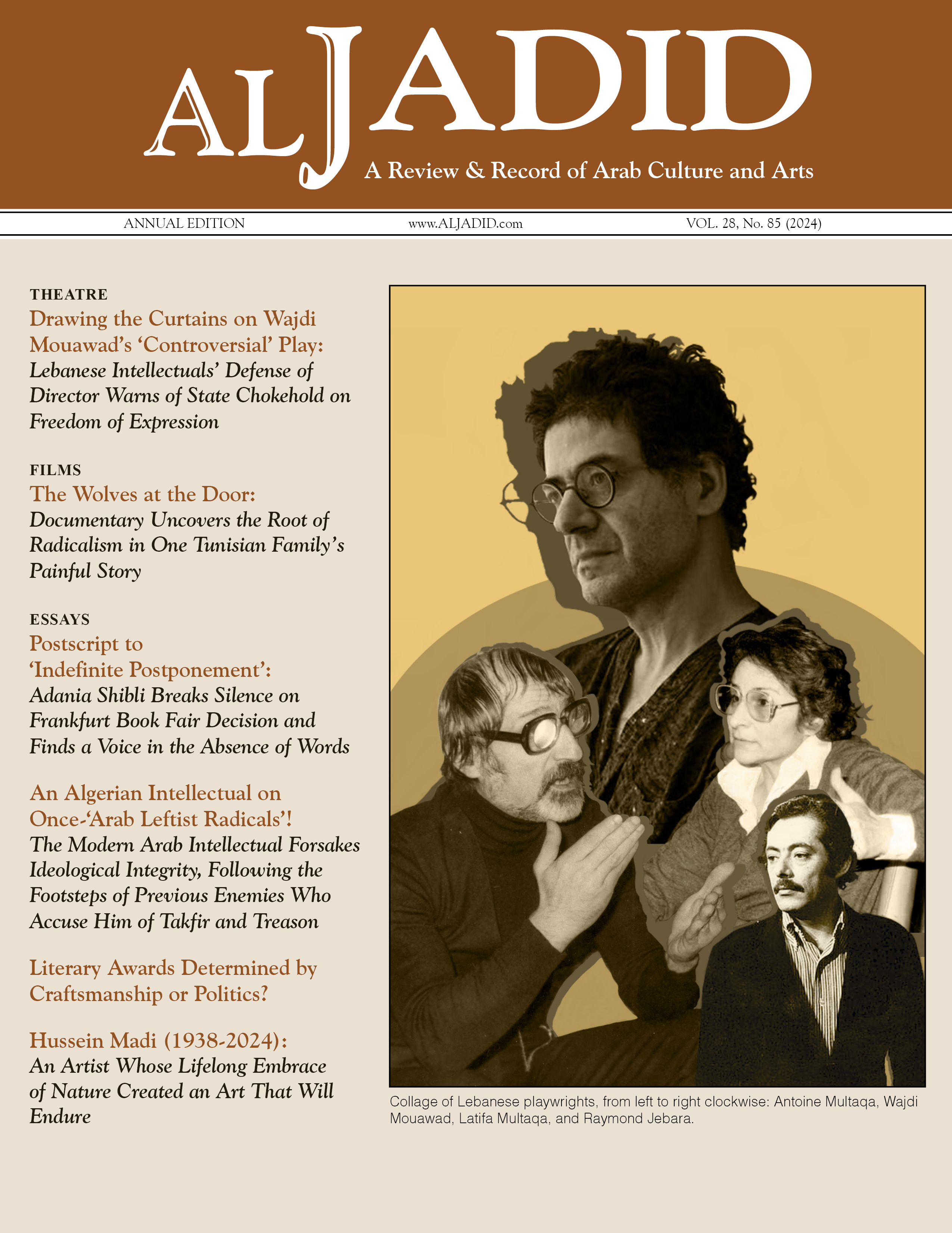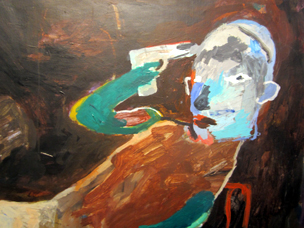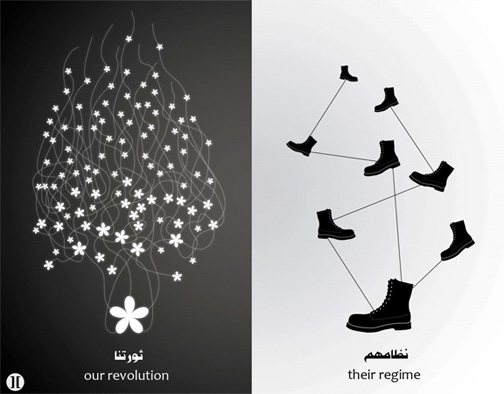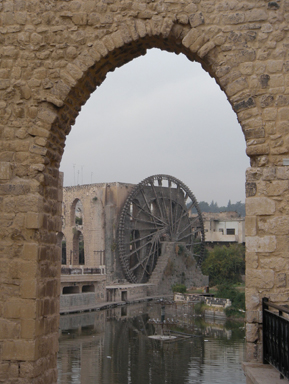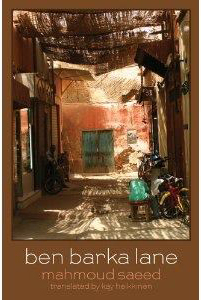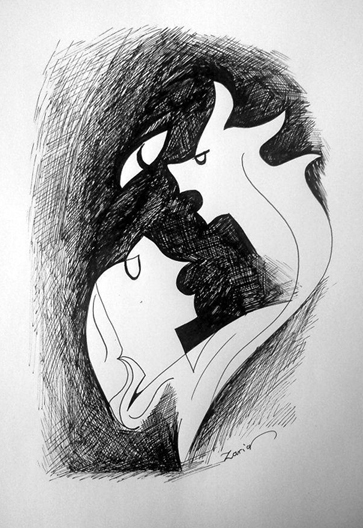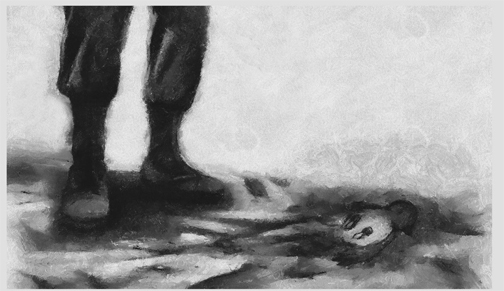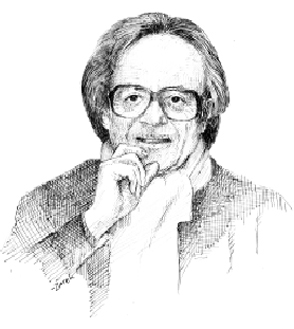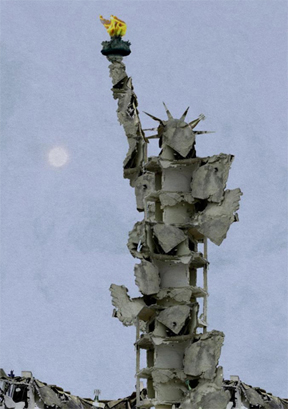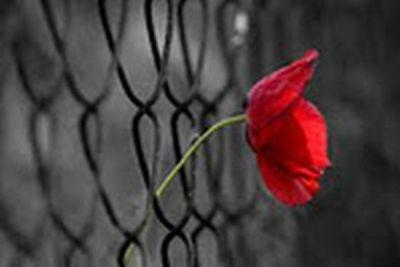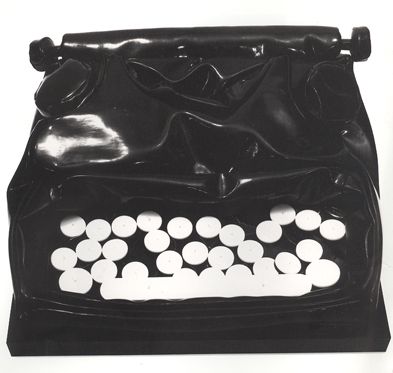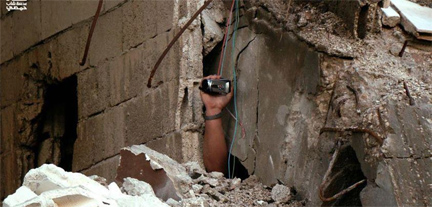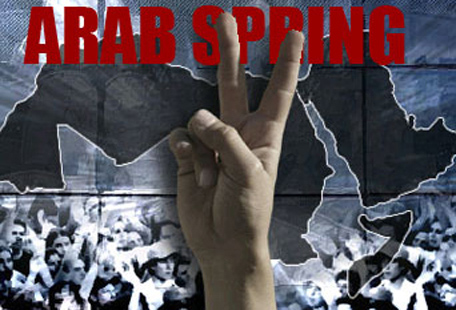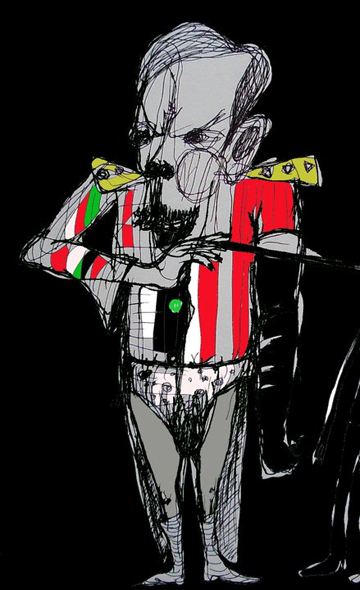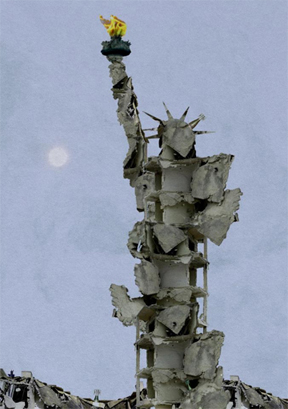No More Fence Sitting: Intellectuals all the Way With the "Secular" Leader In Damascus
I have been observing a phenomenon, the existence of a sizable number of political and intellectual bystanders or spectators of the Syrian scene. They appear to be waiting for the right moment or event to provide the needed rationalization to jump into the Assad camp without remorse or inconvenience. These spectators are not hypothetical, but actual human beings, some of whom I know personally, and others whom I have been following through their columns, posts, and interviews via new social media, daily press and TV networks.

